crypto treatment in cats
Cats with the CNS form of the disease can be affected by sudden blindness seizures behavioral changes and head or spinal pain. 21 appeared to be over-represented in comparison to the hospitals cat population.
The causal fungi Cryptococcus neoformans and C gattii exist in the environment and in tissues in a yeast form.

. When symptoms do arise abnormal stools occur. Cryptosporidium is characterized by diarrhea and gastroenteritis. Of the few treatment options that exist none have so far demonstrated constant elimination of the parasite.
Some medications used in the treatment include fluconazole or itraconazole amphotericin B flucytosine and amphotericin B lipid complex. Efficient preventive measures have not been demonstrated. Cryptosporidiosis or crypto is the name of a protozoal infection affecting the small intestine and sometimes the respiratory tract of affected hosts.
Treatment of cats that are undergoing infection is a difficult as treatment is in humans. 66 and Siamese cats 5. Continued treatment is recommended until the antigen test is negative.
Cats infected with Crypto shed the parasite in their stools without showing any symptoms. There have been reports linking feline cryptosporidiosis to human infection. If the cat is responding to the first 7 days of therapy and toxicity has not been noted.
Cryptosporidium is a very common intestinal infection of cats and kittens although most dont need treatment. Associated diarrhea sometimes resolves after administration of tylosin 1015 mgkg PO q12hr azithromycin 10 mgkg PO daily or nitazoxanide 1025 mgkg PO q1224 hr. Read on to learn more about the symptoms and treatment of this feline infection.
Twenty-nine cats with naturally occurring cryptococcosis were evaluated prior to commencing oral fluconazole therapy 25-100 mg every 12 h. Cryptosporidium is a protozoan organism that lives in your cats digestive tract. Cryptococcosis is a systemic fungal disease that may affect the respiratory tract especially the nasal cavity CNS eyes and skin particularly of the face and neck of cats.
Paromomycin has been used to treat cats with some success Barr et al 1994. Cryptococcosis in cats treatment may also include surgical removal of the skin lesions. Cats with cutaneous cryptococcosis show single or multiple non-painful non.
Treatment may last for many months. Central nervous system CNS cryptococcosis usually occurs when the nasal form spreads back behind the nasal cavity into a cats brain. Cryptosporidiosis is a highly prevalent gastrointestinal parasitic disease caused by protozoan species of the genus Cryptosporidium that infect a wide range of animals including people throughout the world.
For cats and kittens that have symptoms watery diarrhea antibiotics are the preferred treatment but none are consistently effective against Crypto. In cats Cryptosporidium spp. The potential transmission of Cryptosporidium between cats and people is currently pretty much undefined.
The Companion Animal Parasite Council is a great resource for veterinary parasitology recommendations. Unfortunately there is no miracle drug that treats Cryptosporidium in cats although we wish there was. Amphotericin B lipid complex 12 mgkg for cats or 23 mgkg for dogs can also be given 3 timeswk for 1215 treatments.
It is caused by single-celled parasites of the genus Cryptosporidium which infects a wide variety of vertebrates including cats dogs humans horses and livestock. Affected cats ranged from 2 to 15 years-of-age. In the United States Cryptosporidium spp.
Amphotericin B ketoconazole fluconazole and itraconazole have all been used to treat cats. It can occur by itself or as a secondary infection in cats who have lowered immune function. The basic therapy is the relief of symptoms and increased fluids.
Surgical excision of any nodules in the skin nasal or oral mucosa assists recovery. Cryptosporidiosis is of considerable importance in neonatal ruminants in which it is characterized by mild to severe diarrhea lethargy and poor growth rates. There is a chance that the cat may develop drug resistance over time.
Cryptosporidiosis or crypto is the name of a protozoal infection affecting the small intestine and sometimes the respiratory tract of affected hosts. Tylosin and nitazoxanide are GI irritants. Germanys federal finance ministry has issued guidance on the income tax treatment of crypto the first nationwide instructions on the topic.
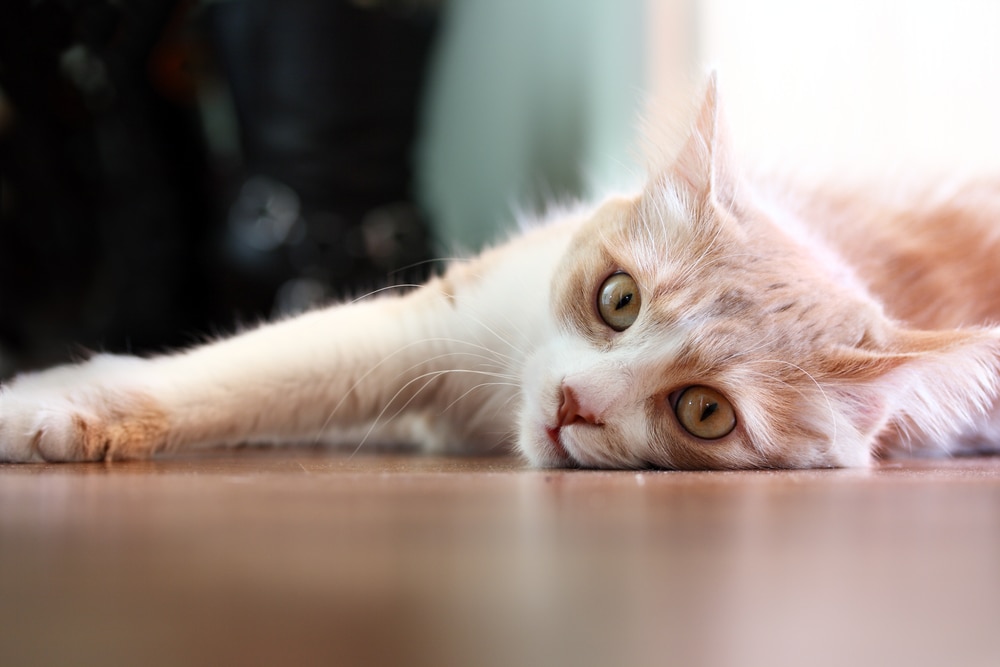
Intestinal Parasite Cryptosporidium In Cats Petmd

10 Ways To Get Rid Of Fleas On Cats Fast And Naturally

Nft Crypto Art The Cat Admires The Moon Beautiful Affordable Rare Art

Cutaneous Cryptococcosis In A Feline Male Mixed Breed Cat After Download Scientific Diagram

Cryptosporidiosis In Cats Symptoms Causes Diagnosis Treatment Recovery Management Cost Cat Symptoms Cats Cats And Kittens

Tritrichomonas Foetus Infection In Cats International Cat Care

English Forward The Internet S Largest Learn English Community Now On Blockchain
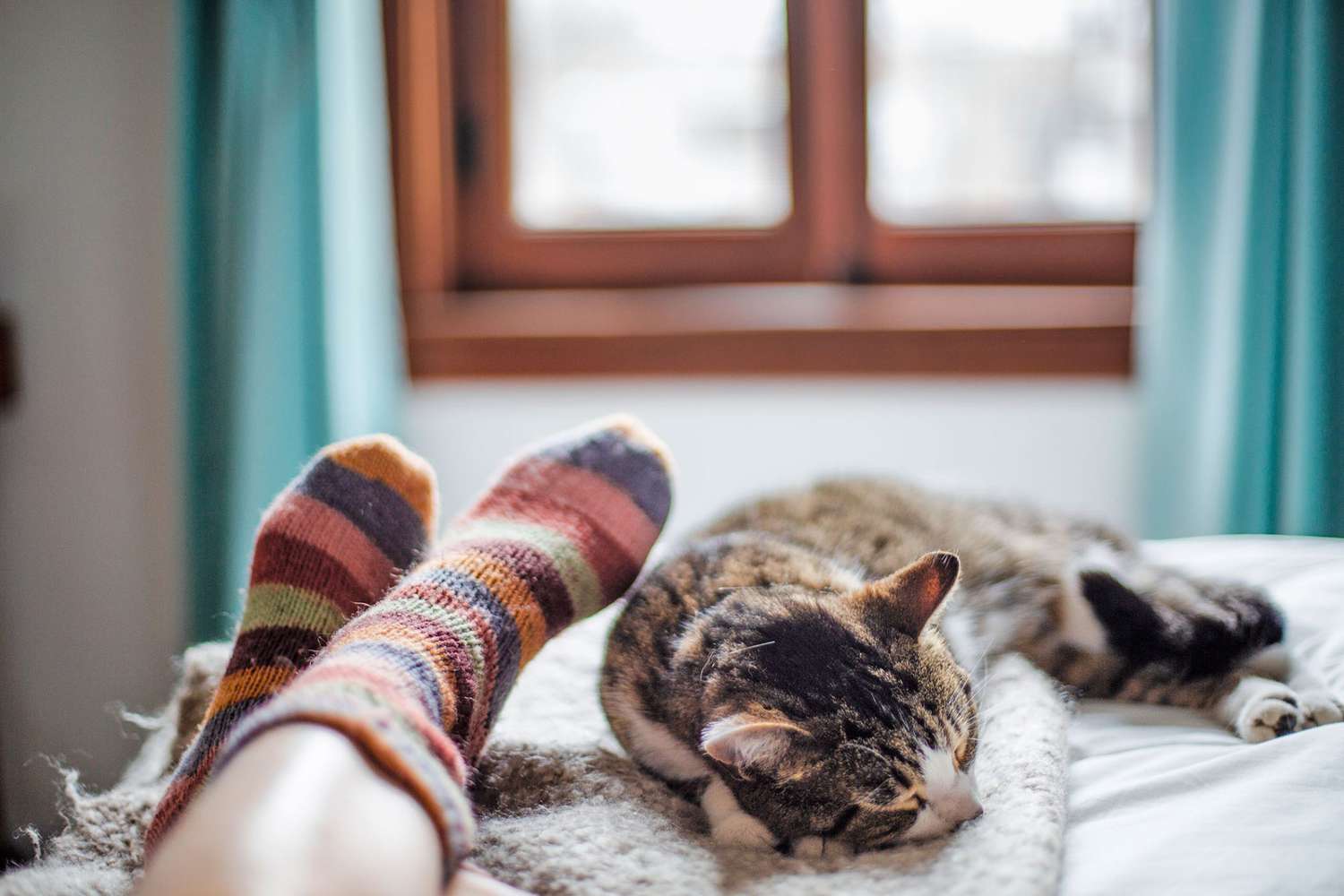
Coccidia In Cats Signs Symptoms And How To Treat This Infection Daily Paws

Intestinal Parasite Cryptosporidium In Cats Petmd

Composure Pro Canine Immune Health Chicken Flavors
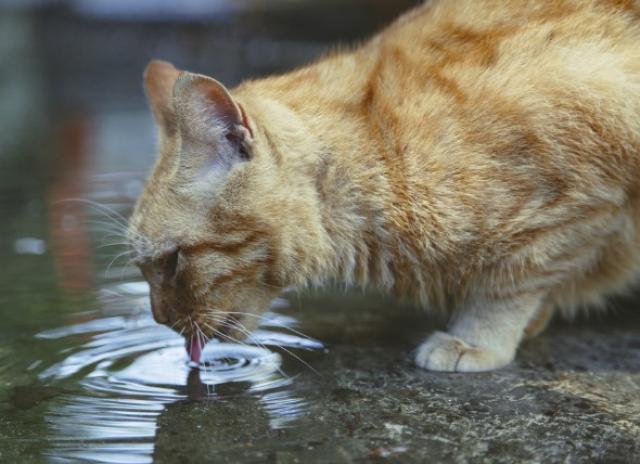
Intestinal Parasite Cryptosporidium In Cats Petmd

Cat Cute Pet Kitten Cat Wallpaper Cute Cat Wallpaper Cute Cats
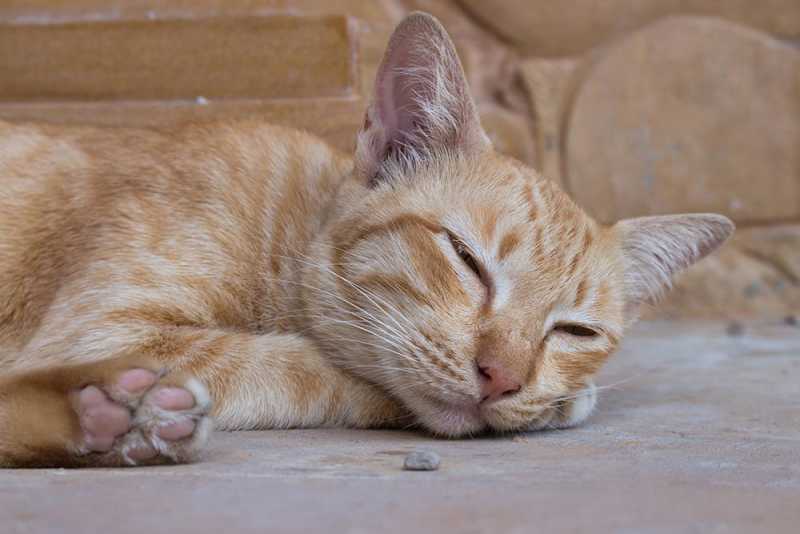
Coccidia In Cats Small Door Veterinary

Dark Chocolate Fortune Telling Cats Chocolate Cat Cats Cat Items
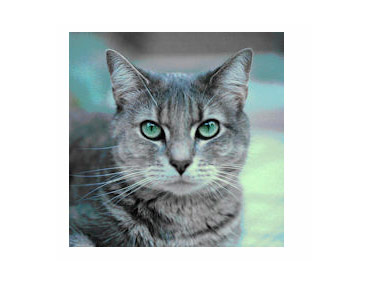
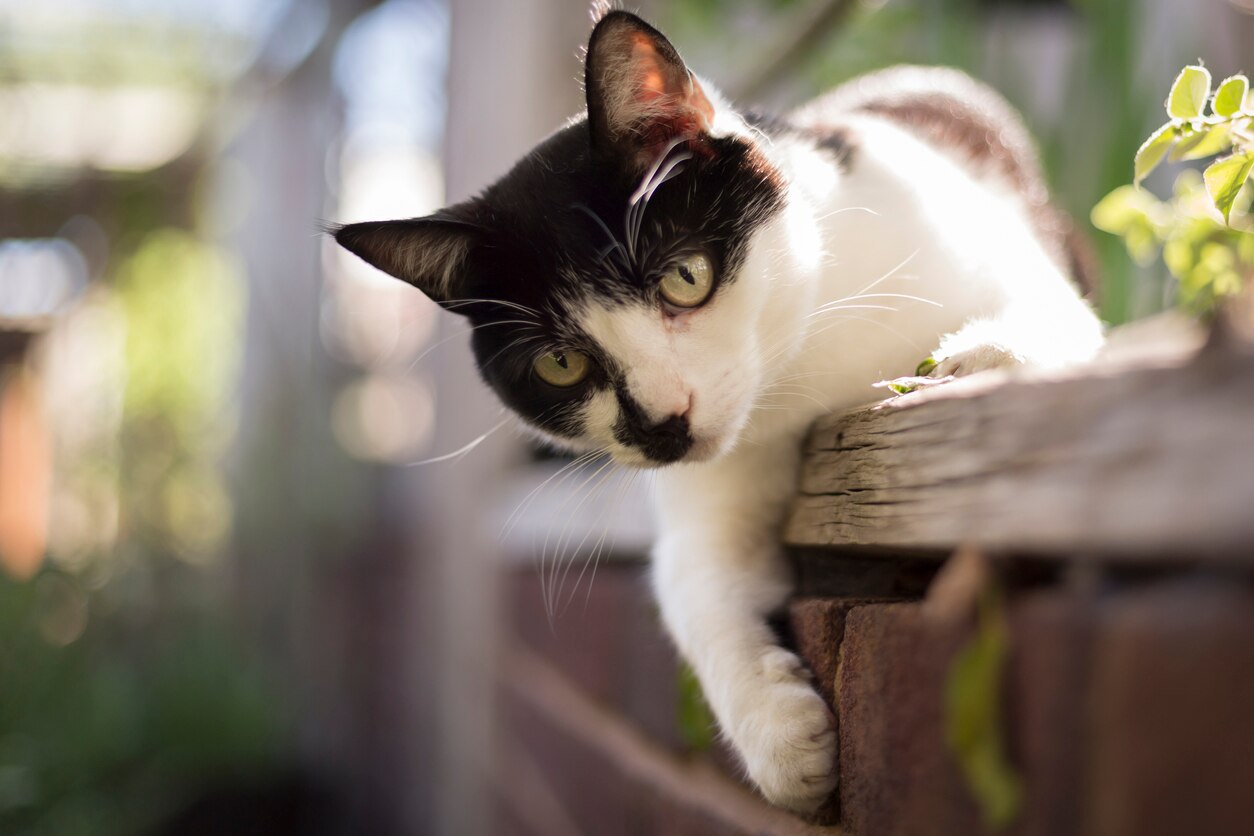



/ginger-cat-relaxing-1142424184-4e02175d72634795b60258da0a521b5f.jpg)